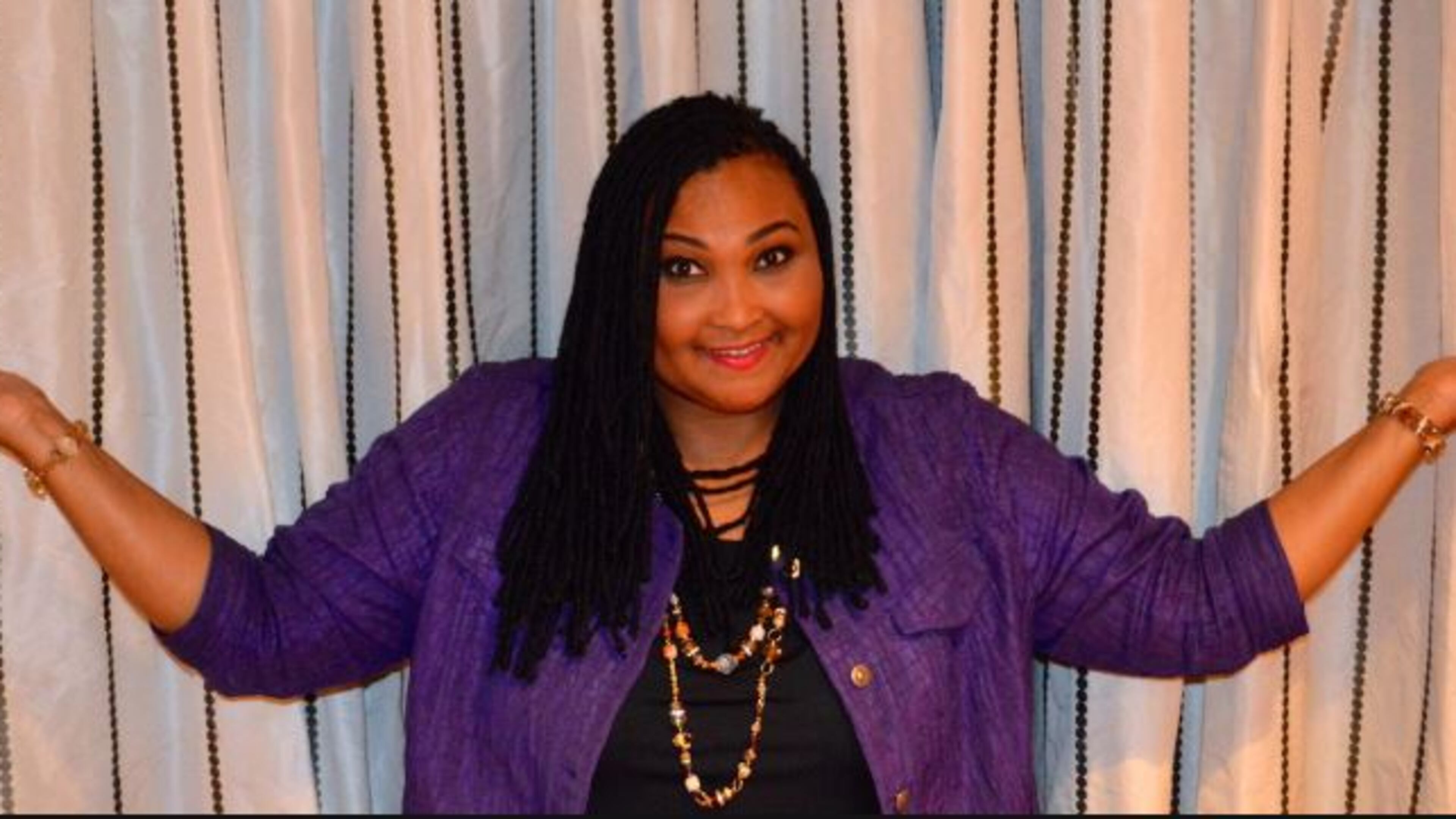Maryum Ali talks about her famous boxer dad at Islamic Speakers Bureau event tonight

Maryum “May May” Ali said her father, the iconic and outspoken boxer, Muhammad Ali, wouldn’t be surprised about the divisive climate sweeping the nation today.
Racism isn’t new. One group feeling superior to another isn’t new.
Her father lived in a world where he was often the target of such hate.
Ultimately, though, he knew “God was going to judge you on your deeds,” said the eldest child of the Louisville, Kentucky-born champion.
“He wasn’t passive, but he was spiritual,” she said. “ He would say people should vote and stand up for their rights, but then turn inward and make your life the best it can be. He would say the only person to fear is the Creator. Don’t fear anybody else. Don’t fear Donald Trump. Don’t fear white supremacists. They’re not powerful enough.”
Related: Muhammad Ali's faith played a big role in shaping his future
Ali, who grew up in Chicago , will be the special guest at the Islamic Speakers Bureau of Atlanta’s annual gala on Saturday, Nov. 10, at the Cobb Galleria Centre. Ali will be in conversation with Valerie Jackson, a radio host, philanthropist and wife of the late Atlanta Mayor Maynard H. Jackson.
A social worker, Ali co-founded the non-profit organization, DMTL, a gang prevention and youth development program.
Also being honored with the “ISB Legacy Award” are Rep. Pedro Marin D-Duluth; the late Said Malas, businessman and philanthropist’ and Sharif Abdul-Rahim, NBA player and founder of the Future Foundation.
Ali’s mother is the fighter's second wife, Khalilah Ali.
She said she and her father, who died in 2016, used to have deep conversations about life, spirituality and human nature. Those are talks she treasures even more today.
Related: 11 things you may not have known about Muhammad Ali
Ali, a Los Angeles-based motivational speaker and author, said she was recently watching old footage of her father, who was known through the years by various nicknames such as “the Champ”, “the Louisville Lip” and the “G.O.A.T. (Greatest of All Time).
He was funny.
He was outspoken.
He was giving.
He had a deep spiritual side.
“During the last few years of his life he couldn’t speak for himself because of Parkinson’s,” she said. “He did so much, though, when he could speak. He did a whole sermon once about getting prepared for God and what his religion teaches and how life is short.”
Her father didn’t mind crossing from the “athletic zone and going into spiritual conversations. He didn’t fear or care what people thought, he was going to go there.”
Muhammad Ali used his platform as a figure known around the world.

He knew people admired him and loved him. “I have their attention, why not be honest about my faith? Why not educate people?”
When she much younger, Ali she said she remembers being in the car with her father.
It was still light outside. Her father suddenly told the driver that he wanted to “go to my community. He really said ghetto. That’s when ghetto was a term of endearment. I need to be around my folks, I’ve been around these rich folks all day. Let’s go down to the hood and talk to some real people.”
While in the community, they saw two men fighting. Her father jumped out of the car and started talking like Ali, the boxer. He told them he was Ali, the greatest. He brought his fists up and started shadow boxing. The two men stopped and stared. He told them if they wanted to fight to fight him. Soon, the tense moment was defused and people are happily joking with Ali.
“If he hadn’t been a boxer, I think he would have been an imam,” she said. “There were other dangerous situations he put himself in, but that’s how he was. He believed every life was important.”


